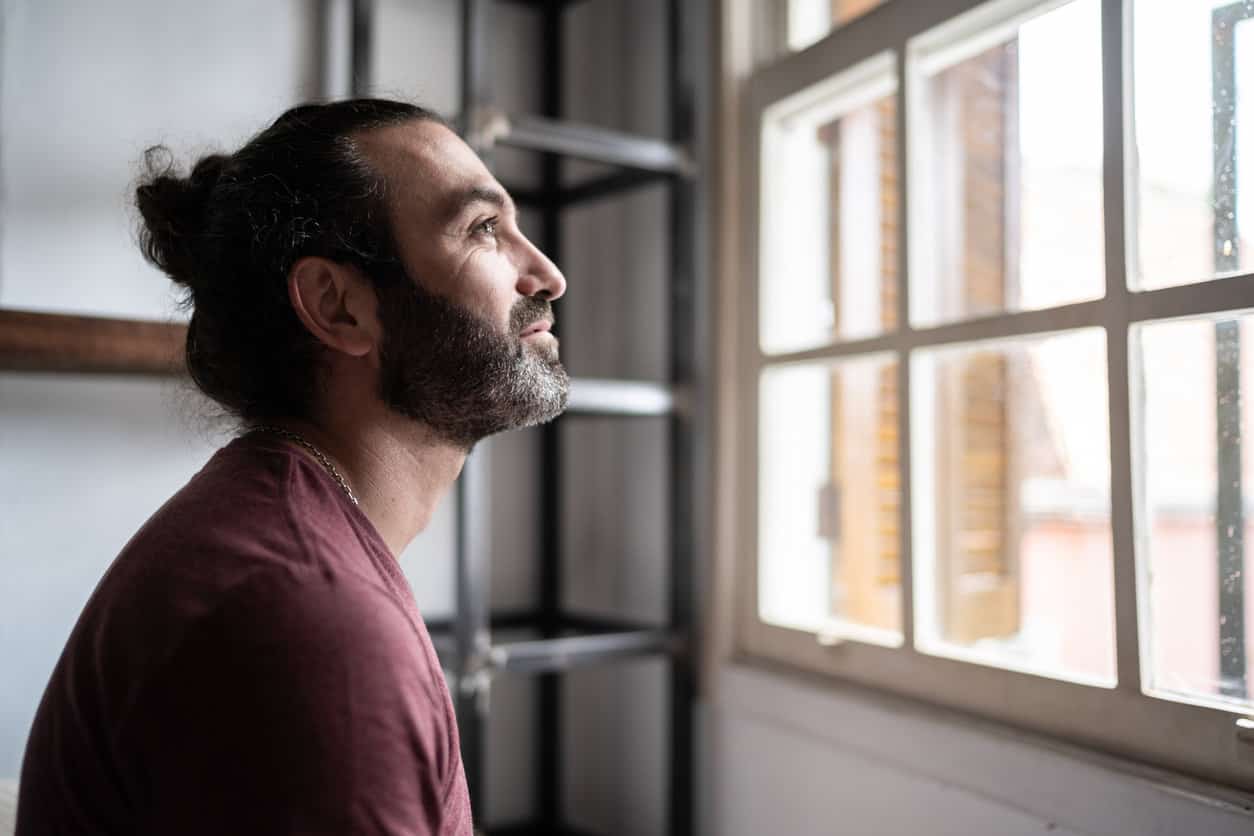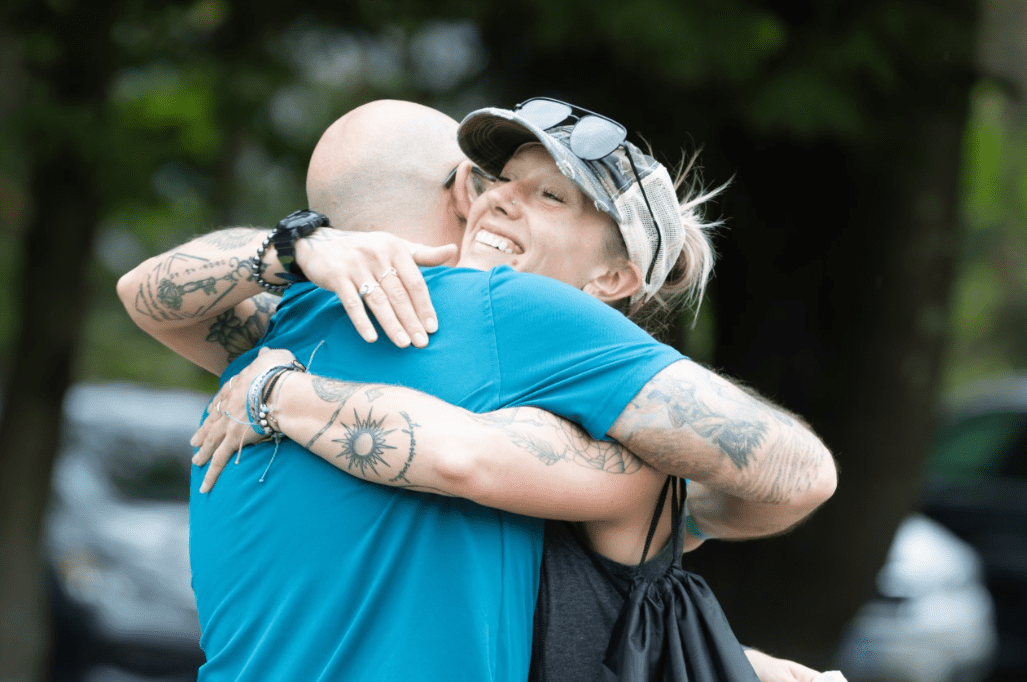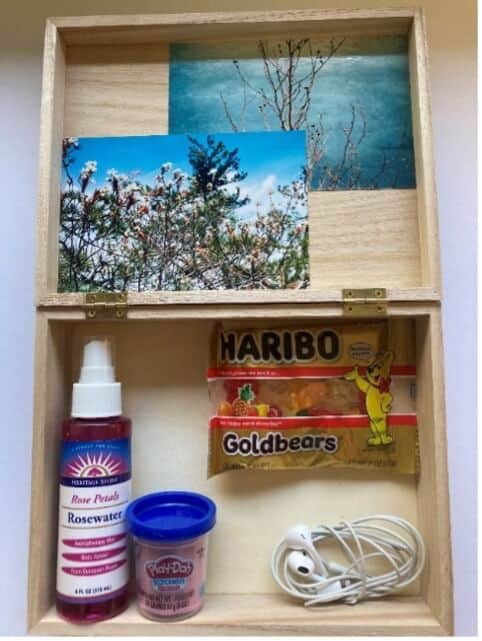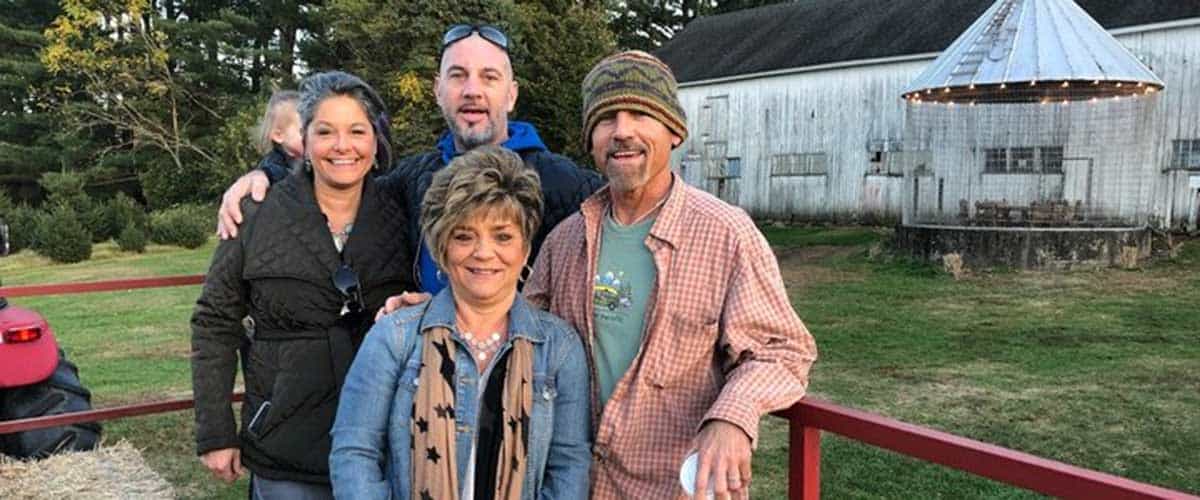Mike R. shares how going to Mountainside and achieving recovery has unlocked a fulfilling career working to help others find sobriety.
Q: What is the best way to start the day?
A: I start every single day by making my bed. It’s the very first thing that I do. This practice is something that I started my very first day at Mountainside and completing a seemingly simple task is a great way to begin my day. I also pray, meditate and read from the Daily Reflections.
Q: What is your motto? What about this motto appeals to you?
A: “If you always do what you always did, you’ll always get what you’ve always got.” For me, everything in recovery has been about change. If I want something that I’ve never had, I need to do something that I’ve never done. Everything stems from growth, growth stems from being uncomfortable, and being uncomfortable stems from change.
Q: What or who motivates you in your recovery?
A: There are many motivating factors for me in recovery. My family is a constant reminder of what I almost lost. They are in my life as a result of sobriety, and they are now what keeps me sober.
Q: What has been the best part of recovery for you? Why?
A: While I was in active addiction, my children were taken out of my life. The best part of my recovery has been having them back in my life, being present for them when I’m needed and having loving, honest relationships with my family and loved ones.
Q: What would you say is the biggest success – professional or personal – you’ve had since leaving Mountainside?
A: I realized early in my recovery that I wanted to work in the recovery field and was able to do so after my first year. I was also fortunate enough to be a part of the Mountainside Café, first as head server and ultimately as Restaurant Manager. I was also part of the Extended Care program in its early stages as one of the first house managers there, succeeding longtime manager Jim Miller. I now work as a substance abuse counselor for Behavioral Health Network in Springfield, MA.
Q: What has been your biggest hurdle in recovery and how did you learn to overcome it?
A: My biggest hurdle in recovery was my ego and self-centeredness. I was able to work on these character defects by working through the 12 Steps with a sponsor who I could trust and who was able to hold me accountable and push me to be a better person, a better man, and a better father.
Q: What was the turning point that led you to get help?
A: The circumstance that surrounded my rock bottom – which, for me, meant I had to ask for honest help – was a failed suicide attempt brought on by extremely heavy drug use and drinking.
Q: What would you like people who are afraid to receive treatment to know?
A: If you are afraid to seek treatment for whatever reason – I certainly was riddled with unfounded fear – have some faith that things will get better. If you have the desire, if you have the desperation, then you can recover.
Q: What is the best advice you have been given?
A: When I was in early recovery, I was told by someone in my network, you don’t have to not drink or use for the rest of your life today, just don’t pick it up today. It’s a simple, achievable daily goal when it is something that I can wrap my head around.
Q: What brings you the most happiness? Or makes you laugh most?
A: My happy place is on the golf course. I find peace and serenity when I golf and it is something that I have been able to reinvest in since becoming sober. Obviously my children are my life. My son Nicholas is 22 and going into his 5th year at Western New England University in the Pharmacy program, and my other son Joshua is about to turn 10 and is starting the 4th grade. My girlfriend Sarah has shown me a new level of happiness and unconditional love that is unlike anything I’ve experienced before.
Q: What is something you are looking forward to in the few months?
A: My girlfriend and I recently purchased a house and will be moving in this month. I have been a lifelong renter and am unable to even fathom this possibility. Without my sobriety, this, in no way, would have been possible.
Q: Who—dead or alive —is on the guest list for your ideal dinner party?
A: My dinner party would include both of my grandmothers, Louise and Edith, who have both passed away, and a close friend of mine, Josh Janik, who has passed and was a pillar in the sober community in Canaan and instrumental in my early recovery.
Q: What would you name the autobiography of your life? And why?
A: Will I Ever Be Enough? This actually personifies my mindset in one sentence. My low self-esteem, self-consciousness and fear of rejection have been catalysts for my substance abuse for most of my life. My work on these character defects is still in progress, but directly affects my serenity in recovery.
Q: What song best sums you up?
A: The song that best sums me up would have to be “Simple Man” by the Deftones.
Q: What’s the one thing people would be pleasantly surprised to know about you?
A: People may not know, but I am an avid writer. I write poetry every day and am in the early stages of putting together my first book.
If you or a loved one is struggling with addiction, Mountainside can help.
Click here or call (888) 833-4676 to speak with one of our addiction treatment experts.

 By
By 







